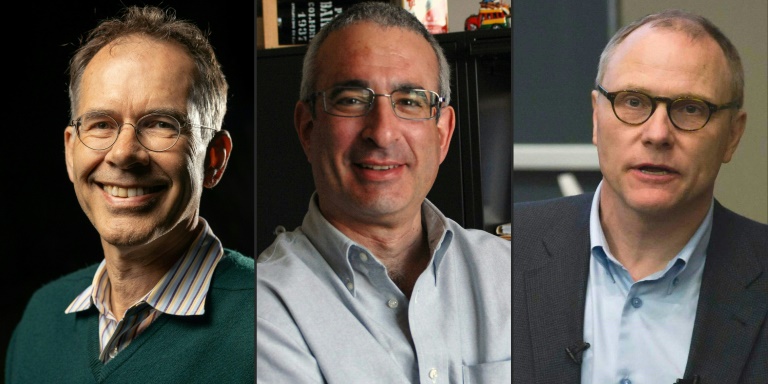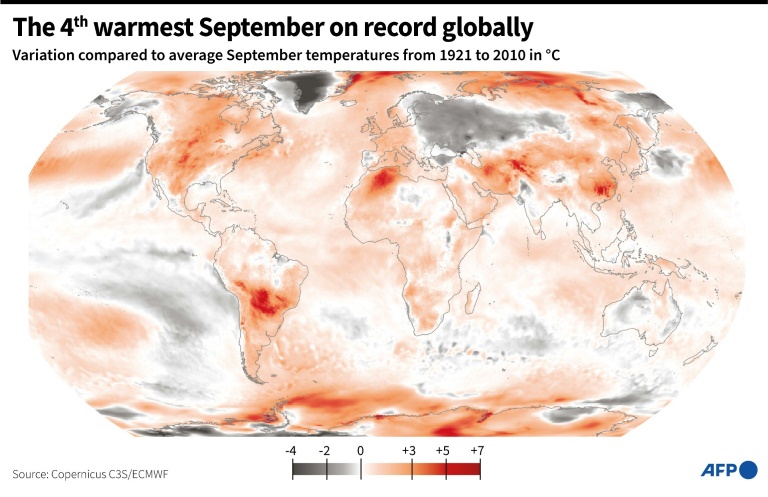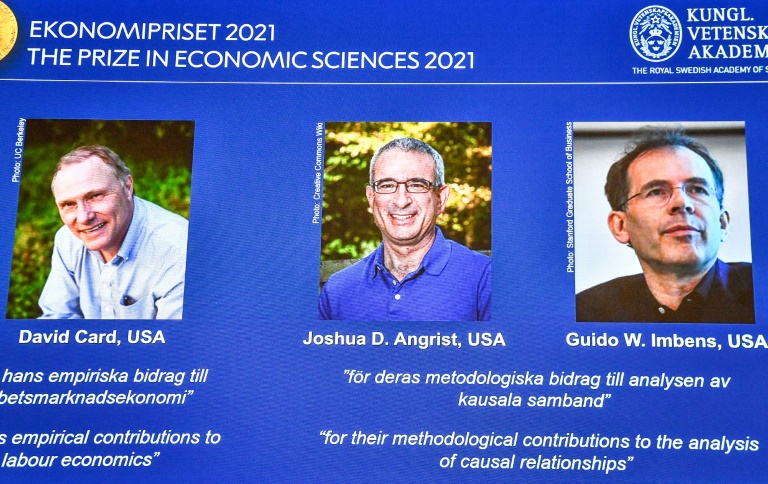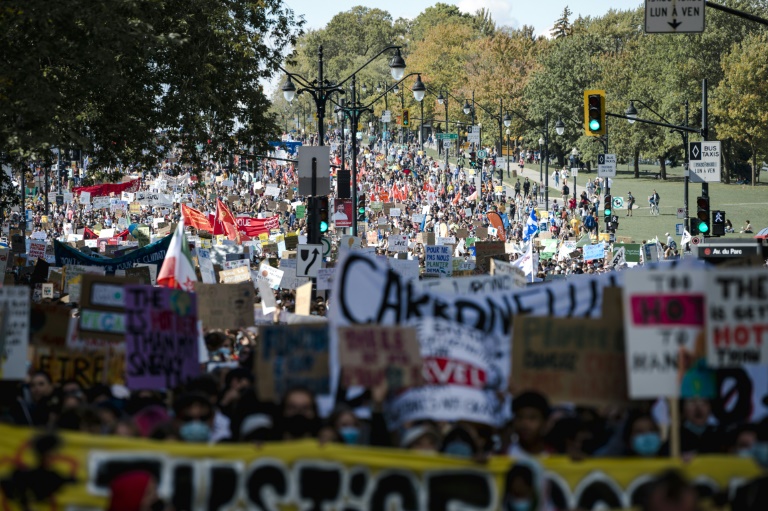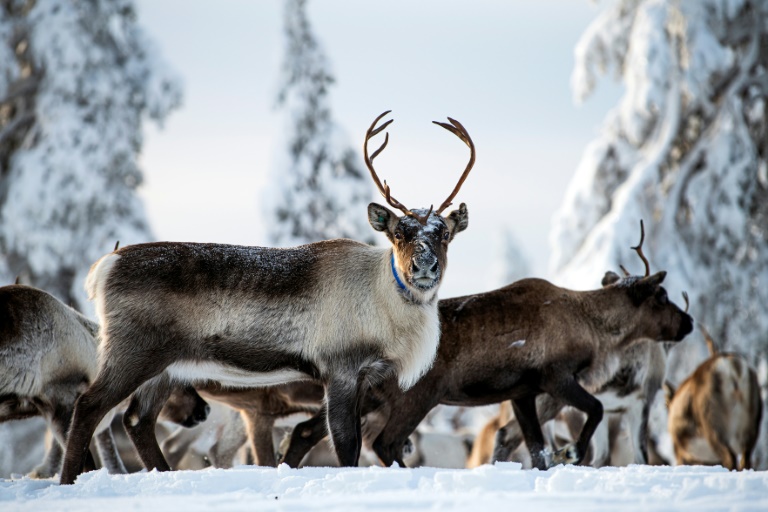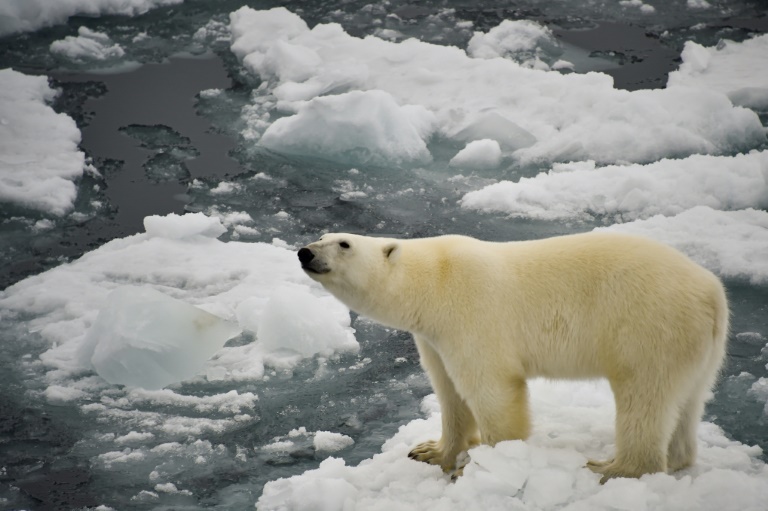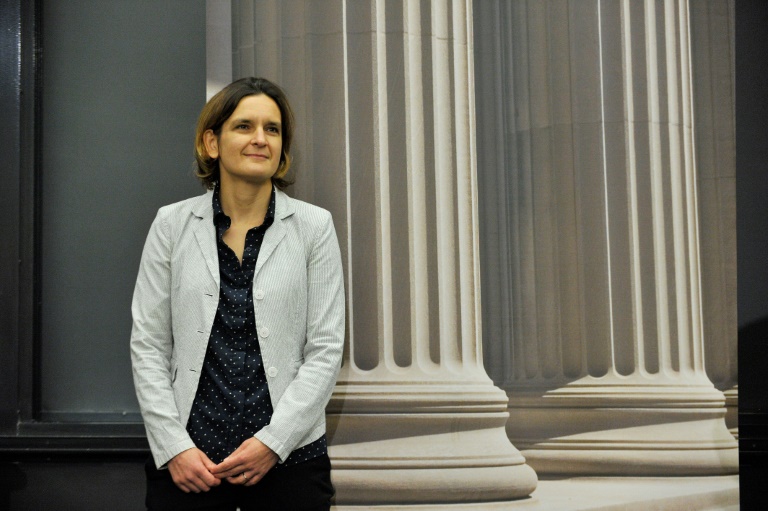Trio win Nobel Economics Prize for 'natural experiments'
Three US-based academics on Monday won the Nobel Economics Prize for research on the labour market using “natural experiments”, or observational studies, that have revolutionised empirical research in the field, the jury said.
Canadian-American David Card, Israeli-American Joshua Angrist and Dutch-American Guido Imbens shared the prize for providing “new insights about the labour market” and showing “what conclusions about cause and effect can be drawn from natural experiments,” the Nobel committee said in a statement.
The Economics Prize wrapped up a male-dominated 2021 Nobel season which saw a total of 12 men win prizes and only one woman.
Card won half of the 10-million-kronor ($1.1 million, one million euro) prize for work focused on the labour market effects of minimum wages, immigration and education.
The Canadian-born professor at University of California at Berkeley commented on the honour in a self-effacing manner, saying in a statement that his “contributions are pretty modest.”
In natural experiments, researchers study the result of chance events or policy changes on groups of people, unlike other experiments where scientists have control over their subjects.
“Most old-fashioned economists are very theoretical, but these days, a large fraction of economics is really very nuts-and-bolts, looking at subjects like education or health, or at the effects of immigration,” Card said in a statement published by his university.
“These are really very, very simple things. So, my big contribution was to oversimplify the field,” he added.
Card’s studies from the early 1990s, where he evaluated the effects of a raised minimum wage in New Jersey, showed for example that raising the minimum wage does not necessarily lead to fewer jobs.
Focusing on fast-food workers, Card used eastern Pennsylvania, which has a similar labour market, as a control group.
Card also used other natural experiments — such as the sudden influx of 125,000 Cubans to the US in 1980 — to study the impact of immigration and education.
The Nobel committee noted that “we now know that the incomes of people who were born in a country can benefit from new immigration, while people who immigrated at an earlier time risk being negatively affected. We have also realised that resources in schools are far more important for students’ future labour market success than was previously thought.”
However, data from natural experiments are difficult to interpret.
For their work helping to solve that methodological problem, the other half of the prize went jointly to Angrist, 61, a professor at the Massachusetts Institute of Technology (MIT), and Imbens, a 58-year-old professor at Stanford.
In research they conducted in the mid-1990s, they demonstrated how “precise conclusions about cause and effect can be drawn,” and specifically what conclusions can be drawn.
– Revolutionising work –
The framework they developed has been widely adopted by researchers who work with observational data.
“By clarifying the assumptions necessary to establish a causal relationship, their framework has also increased the transparency – and thus credibility – of empirical research,” the committee said.
The three economists know each other well, and Angrist told the Nobel Foundation that Card had made a strong impression on him when he was one of Card’s graduate students.
“I’m lucky to have been able to work with them and learn from them,” said Angrist, who has also worked closely with Imbens.
“Josh Angrist was actually the best man at my wedding so he is a good friend, both professionally and personally, and I’m just thrilled to share the prize with him and David,” Imbens told reporters during a phone interview following the announcement.
The three laureates “have revolutionised empirical work in economics. They have shown that it’s indeed possible to answer important questions, even when it’s not possible to conduct randomised experiments,” Nobel Committee member Eva Mork told reporters.
– Male dominated –
Last year, the honour went to US economists Paul Milgrom and Robert Wilson for their work on theories of auctions as well as inventing new auction formats.
Like this year, the Economics Prize has been male-dominated. It has only been awarded to two women since it was first awarded in 1969: Elinor Ostrom in 2009 and Esther Duflo in 2019.
The only woman to win a Nobel Prize this year is investigative journalist Maria Ressa of the Philippines, who shared the Peace Prize with Dmitry Muratov of Russia for their work promoting freedom of expression at a time when liberty of the press is increasingly under threat.

